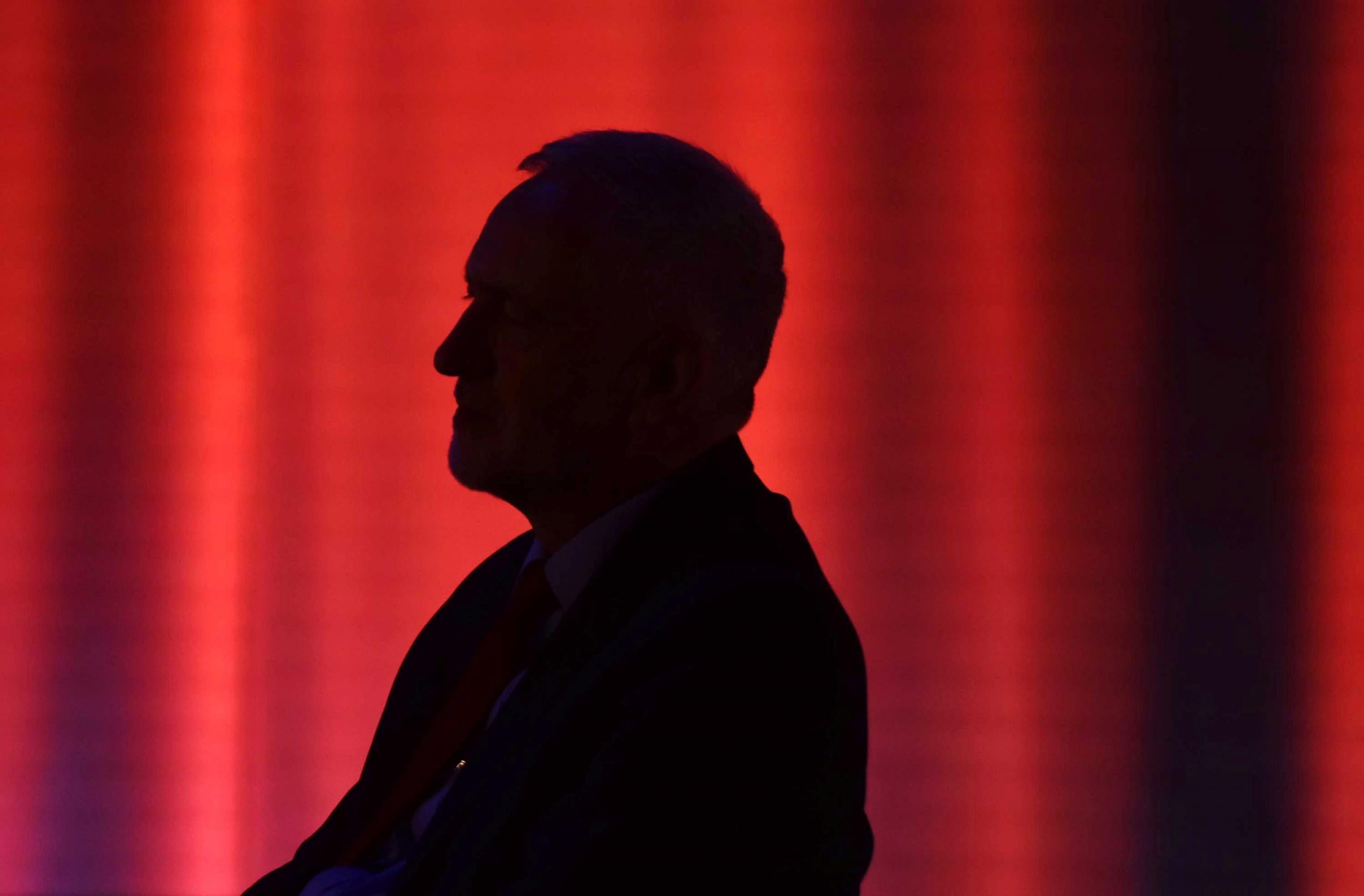There’s one issue that unites both the left and right of Labour against Corbyn
The single market and its conditional freedom of movement will soon become a test case on whether political issues can trump internal party allegiances


Labour MP Laura Pidcock started a debate last week by saying that she had no interest in socialising with her Conservative counterparts.
Critics argued that cross-party cooperation can be vital in Westminster, while her supporters said they were glad to see the new parliamentarian stick to her guns.
While the issue is worth discussing, Labour might well have cooperation issues closer to home, which they will have to deal with when Parliament comes back next week and at the party’s conference next month.
Jeremy Corbyn and senior members of his shadow cabinet have previously made it clear that if they were to get into power, the UK would leave the single market, thus putting an end to freedom of movement.
Shadow Brexit secretary Keir Starmer announced over the weekend that Labour would back staying in the single market and customs union during a transition period after March 2019, but remained unclear on what the party would go for after that.

In June, 49 MPs voted for Chuka Umunna’s amendment to the Queen’s Speech to ensure that Britain remains a member of the single market, including Neil Coyle, Luciana Berger, Stella Creasy and Chris Leslie.
Since then, The Labour Campaign For Free Movement was launched and aims at convincing the Labour leader to change his mind. The open letter was signed by a number of Momentum activists and trade unionists, as well as MPs on the left of Labour like Clive Lewis.
On Saturday, centre-left MPs Alison McGovern and Heidi Alexander announced that they would be starting a Labour Campaign for the Single Market, with a similar goal in mind.
If taken separately, it would be easy for the party’s leadership to ignore both gestures – after all, neither managed to get a critical number of parliamentarians and senior Labour figures involved.
If they were to unite forces, however, the dynamics inside the party could look very different: the signatories of July’s letter mostly came from Corbyn’s support base, and the amendment and the latest campaign are backed by enough high profile MPs to get a media campaign going.
The question is now – will they? To say there is bad blood between the left and the centre of Labour – for lack of better terms – is an understatement and a half.
The party has spent the past two years tearing itself apart, and both sides, still wounded and angry, have little goodwill to spare towards the others.
In one corner, the centre-left resents threats of deselections, and the lack of olive branches from the leadership after the election.
In the other, the left of the party still doesn’t trust the centrists, and remains bitter about the way they were treated in the early days of Corbyn.
They also disagree on where the party should be headed next, and what it should offer; privately, a number of MPs criticised parts of Labour’s May manifesto.
This doesn’t mean that there aren’t vast policy areas in which they can all agree, of course – and in the case of free movement, they happen to be united, and stand against Jeremy Corbyn.
The issue will soon become a test case on whether political issues can trump internal party allegiances – the single market debate will come up at Labour party conference in late September, which means that organising around it has already started.
What happens over the next few weeks might well define what internal Labour party dynamics will be like for the foreseeable future.
Jeremy Corbyn is not going anywhere, the left of the party isn’t large enough to steer the Parliamentary Labour Party by itself, and the centre-left contingent have been at odds with the leadership one too many times for their opinions to truly count.
Working together could be beneficial to both sides, but whether one of them takes it upon themselves to reach out to the other remains to be seen.
Join our commenting forum
Join thought-provoking conversations, follow other Independent readers and see their replies
Comments
Bookmark popover
Removed from bookmarks